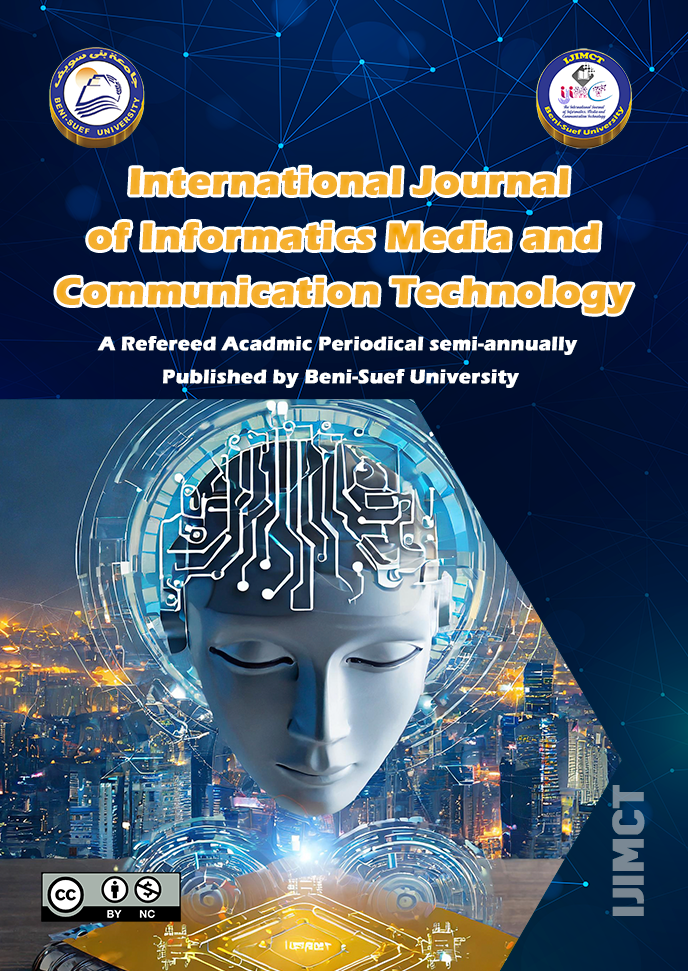
1. Introduction to Information and Communication Technologies(ICT):
• Components of information and communication technologies (Basic of Hardware,
Software, ICT platform, networks, local and Cloud Data Storage etc.)
• Scope of information and communication technologies (uses of ICT in Education,
Business, Governance, Health Care, Digital Media and Entertainment etc.)
• Emerging technologies and future trends.
2. Basic ICT Productivity Tools:
• Effective uses of popular search engines (e.g., Google Bing etc.)
• Formal communication tools etiquettes (Gmail, Microsoft, Outlook, etc.)
• Microsoft office suites (Word ,Excel, PowerPoint)
• Google workspace (Google,Docs , Sheets ,Slides)
• Dropbox (cloud storage and file sharing),Google Drive (cloud storage and Google drive
integration),and Microsoft One Drive (cloud storage with Microsoft office integration)
• Evernote (Note-taking and organization applications) and One Note (Microsoft digital
notebook for capturing and organizing ideas).
• Video conferencing (Google Meet, Microsoft Teams, Zoom etc.).
• Social media applications (LinkedIn, Facebook, Instagram etc.).
3. ICT in Education
• Working with learning management systems (Moodle, canvas, Google classrooms etc.)
• Source of online education courses (courser, edX, Udemy Khan Academy, etc.)
• Interactive multimedia and virtual classrooms.
4. ICT in Health and Well- Being:
• Health and fitness tracking devices and applications (Google Fit, Samsung Health,
Apple Health and Xiaomi Mi Band ,run keeper etc. )
• Telemedicine and online health consultation (OLADOC, Sehat Kahani, Marham etc.)
5. ICT in Personal Finance and Shopping:
• Online banking and financial management tools (Jazzcash, Easy paisa, Zong Paymax,
ILINK and MENT, Keanu Wallet, Etc.)
• E-commerce platforms (Daraz pk, telemart shophive, etc.)
6. Digital Citizenship and Online Etiquette:
• Digital Identity and online reputation.
• Netiquettes and respectful online communication.
• Cyberbullying and online harassment.
7. Ethical Considerations in Use of ICT Platform and Tool:
• Intellectual property and copy right issues.
• Ensuring originality in content creation by avoiding plagiarism and unauthorized use
of information sources.
• Content accuracy and integrity (ensuring that the content shared ICT platform is free
from misinformation, fake news and manipulation.
PRACTICAL REQUIREMENTS:
As a part of overall learning requirements, the course will include
1. Guided tutorial and exercises to ensuring the students are proficient in commonly
used software application such as word processing software (Microsoft excel),
presentation software (Microsoft PowerPoint), spread sheet software (Microsoft
excel) among such other tools. Students may be assigned practical task that require
them to create documents, presentation, and spreadsheet etc.
2. Assigning of task that involve creating managing and organizing files and folders
on both local and cloud storage systems. Students will practice file naming
conversations, directions and using cloud storage solutions (Google drive, one
drive).
3. The use of online learning management system (LMS) where students can access
courses materials, submit assignments, practice in discussion forum and take
quizzes or tests. This will provide with students with practical experience with
online platform commonly used in education and workplace.
By the end of this course student will be able to learn:
1. Explains the fundamental concepts components and scope of information and
communication technologies (ICT).
2. Identify uses of various ICT platform and tools for different purpose.
3. Apply various ICT platform and tools for different purpose to address basic needs in
different domains of daily, academics and professional life.
4. Understand the legal and ethical consideration in use of ICT platform and tools.
 The International Journal of Informatics, Media and Communication Technology (IJIMCT)
by
The International Journal of Informatics, Media and Communication Technology (IJIMCT)
by